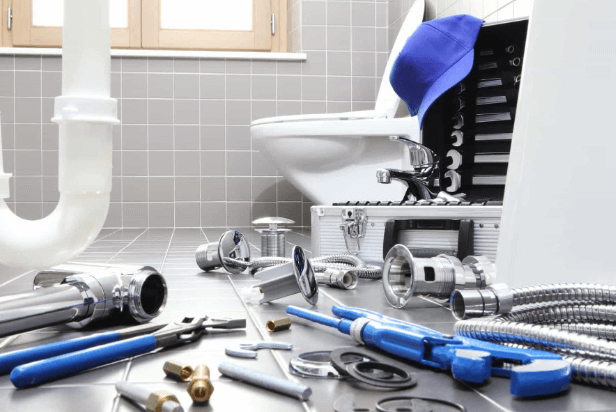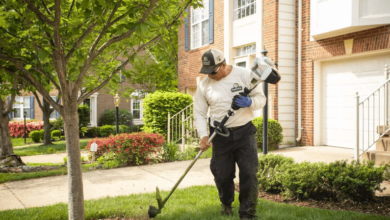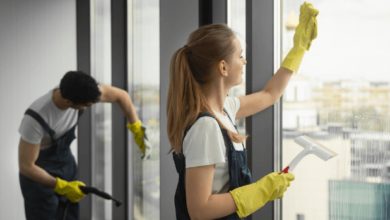How to Prevent Plumbing Problems in Older Homes

Maintaining the plumbing system in older homes presents unique challenges that, if overlooked, can result in costly repairs and extensive damage. Regular inspections and proactive maintenance are vital, particularly when addressing issues such as corrosion and outdated fixtures. Homeowners must also consider the implications of water pressure on pipe integrity and be vigilant about leaks. However, understanding the nuances of these preventative measures is crucial for long-term preservation. The strategies employed can significantly impact the longevity of your plumbing system, raising the question of what specific steps are most effective in this endeavor.
Regular Inspections and Maintenance
Conducting regular inspections and maintenance is crucial for preventing plumbing problems before they escalate into costly repairs.
Seasonal checks should include examining pipes for corrosion, ensuring joints are secure, and monitoring water pressure.
Early detection of issues allows for timely intervention, preserving the integrity of your plumbing system.
Prioritize a proactive approach to maintain optimal functionality and avoid unnecessary disruptions in your home.
See also: The Future of Video Editors: Trends to Watch Out For
Upgrade Old Plumbing Fixtures
Upgrading old plumbing fixtures can significantly enhance the overall efficiency and reliability of your plumbing system.
Utilizing modern materials such as high-grade plastics and metals ensures durability and reduces the likelihood of leaks.
Additionally, new fixtures often feature improved designs that maximize fixture efficiency, leading to lower water consumption.
Investing in these upgrades not only conserves resources but also promotes long-term savings and functionality.
Monitor Water Pressure
Regularly monitoring water pressure is essential for maintaining the integrity of your plumbing system.
High or low water pressure can lead to various problems, including pipe damage or inadequate flow.
Utilize a pressure gauge to measure your system’s pressure accurately.
Ideally, residential water pressure should be between 40-60 psi.
Regular checks can help identify issues before they escalate, ensuring efficient plumbing performance.
Address Leaks Promptly
High water pressure can exacerbate existing plumbing issues, making it vital to address leaks promptly.
Regular leak detection is essential to identify and rectify issues before they lead to significant damage.
Neglecting leaks can accelerate pipe corrosion, compromising structural integrity and increasing repair costs.
Prioritize swift action to mitigate risks and maintain a healthy plumbing system, ensuring freedom from costly disruptions.
Conclusion
In conclusion, preventing plumbing problems in older homes necessitates a commitment to regular inspections and maintenance, an investment in upgraded fixtures, vigilant monitoring of water pressure, and prompt addressing of leaks. These proactive measures not only enhance the efficiency and longevity of plumbing systems but also safeguard against costly repairs and water damage. Emphasizing a culture of proactive plumbing care ensures that the integrity of the plumbing infrastructure remains intact, ultimately contributing to the overall value and safety of the home.




